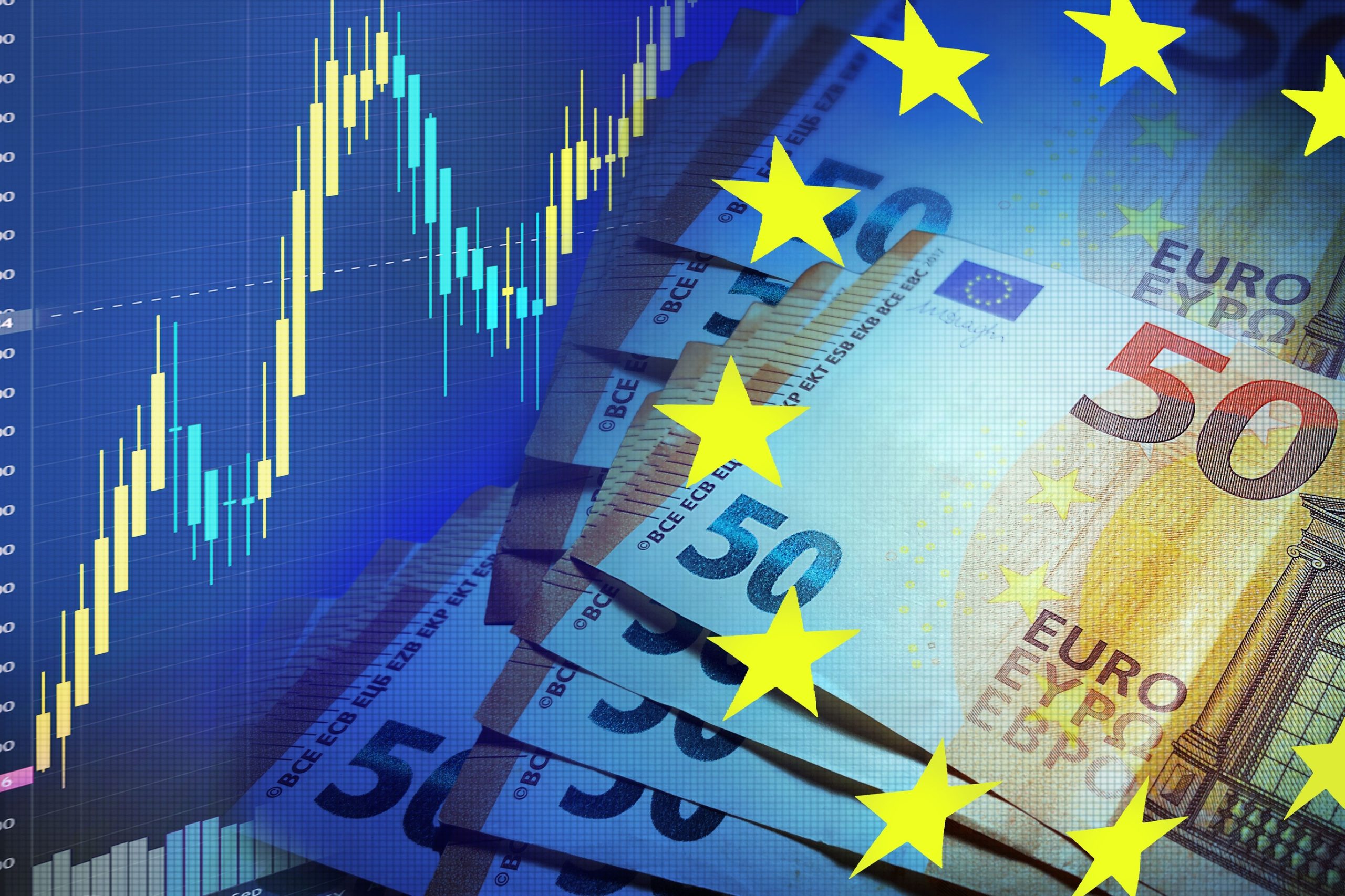
The European stock market has been buzzing with the rise of a select group of heavyweights, affectionately called the GRANOLAS. Coined by Goldman Sachs, this nickname refers to eleven European companies that have eclipsed the broader stock market’s performance in recent years. In this blog post, we will delve into who the GRANOLAS are and why they have become Europe’s magnificent stocks.
Who are the GRANOLAS?
The GRANOLAS are GSK, Roche, ASML, Nestlé, Novartis, Novo Nordisk, L’Oréal, LVMH, AstraZeneca, SAP, and Sanofi. Together, these companies boast a combined market capitalisation exceeding €2.6 trillion, representing a quarter of the STOXX 600’s market cap. What sets them apart is their dominance over diverse sectors, ranging from pharmaceuticals and technology to consumer goods and luxury fashion.
The Rise of the GRANOLAS:
Goldman Sachs has highlighted the shifting dynamics of the European market, moving away from traditional industry leaders such as Telecoms and Oil. Two decades ago, the largest European companies were predominantly Telecoms and Oil names, but now, there is a diverse array of sectors leading the way. The GRANOLAS have played a significant role in this transformation and have delivered impressive results.
Impressive Financial Performance:
In the past twelve months alone, the GRANOLAS have generated over €500 billion in revenue, showcasing an 8% annual surge. Despite lackluster domestic GDP, these companies have contributed to the overall growth of the STOXX 600 index, delivering an average gain of 15% over the past year. Their focus on shareholder value is evident, with the GRANOLAS offering a relatively high dividend yield compared to their counterparts in the US.
Comparing with the “Magnificent Seven”:
While the U.S. market has its own tech behemoths known as the “Magnificent Seven,” the GRANOLAS stand out as being less expensive, trading at a 20x price-to-earnings (P/E) ratio. In comparison, the Magnificent Seven trade at a 30x P/E ratio. Furthermore, the GRANOLAS boast an average dividend yield of 2.5% compared to the S&P 500’s 1.5% and the Magnificent Seven’s 0.3%. These factors make GRANOLAS an attractive investment option.
Navigating the Landscape:
Although the GRANOLAS have shown resilience and promise, investors must tread carefully due to certain risks. With less than 20% of their revenues coming from Europe, these companies are highly exposed to global market dynamics. Currency fluctuations, particularly a stronger euro, could impact the GRANOLAS more than other domestic and smaller cap European stocks. Additionally, their exposure to the U.S. and China introduces tariff risks and geopolitical tensions that must be considered.
The GRANOLAS represent Europe’s finest companies, driving the continent’s stock market performance forward. With their impressive revenue growth, solid dividends, and international reach, these companies have managed to outshine the broader market. However, potential risks associated with their global exposure and concentrated market share should be carefully evaluated. For investors seeking opportunities in the European stock market, the GRANOLAS present a compelling option that combines stability, growth, and shareholder value.
Risk warning:
This article is for information purposes only. It does not post a buy or sell recommendation for any of the financial instruments herein analysed.
Deltastock assumes no responsibility for errors, inaccuracies or omissions in these materials, nor shall it be liable for damages arising out of any person’s reliance upon the information on this page.
59% of retail investor accounts lose money when trading CFDs with this provider.